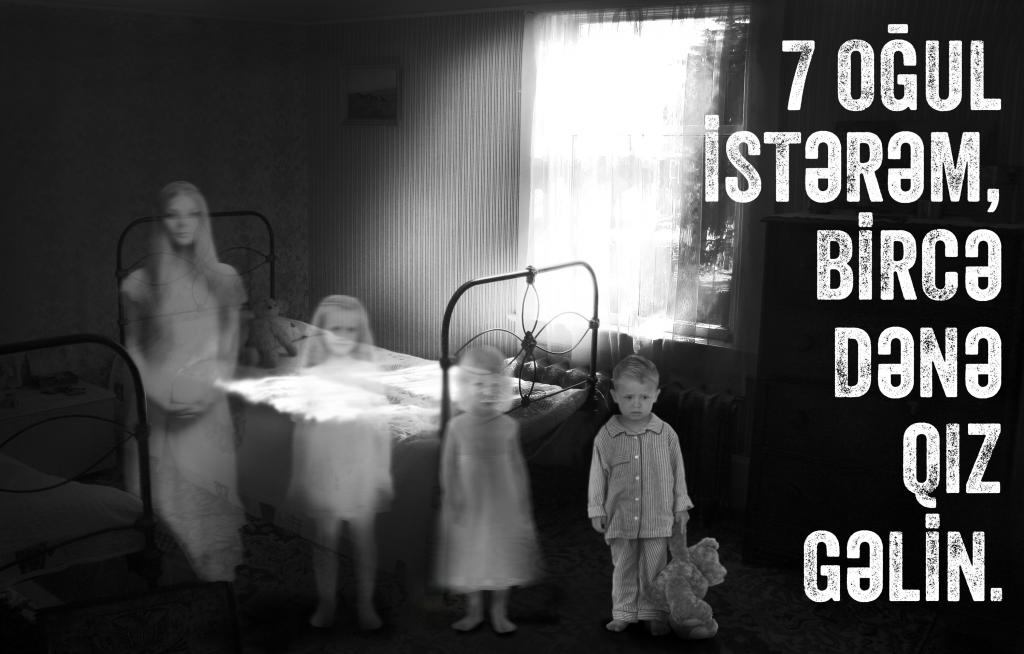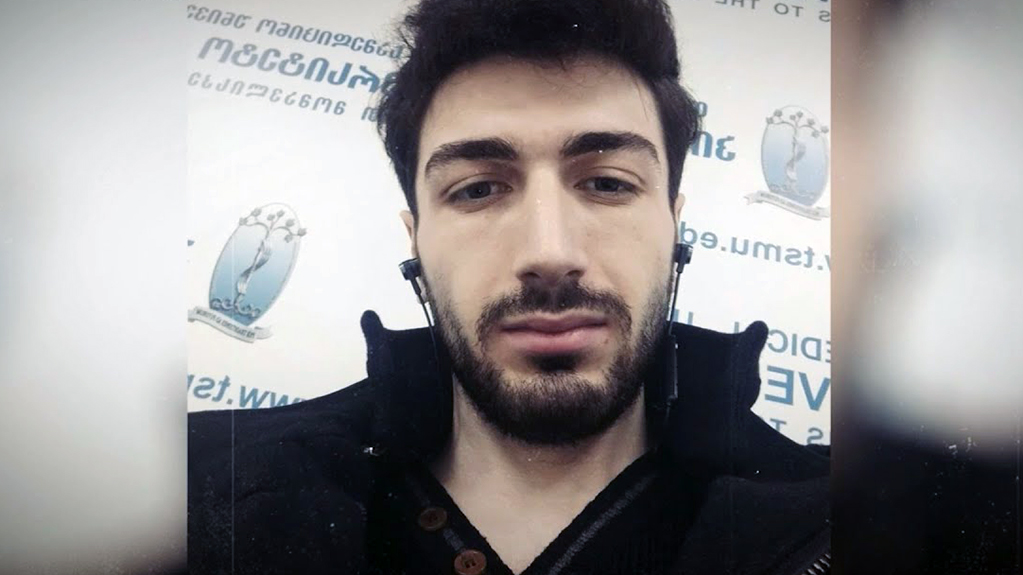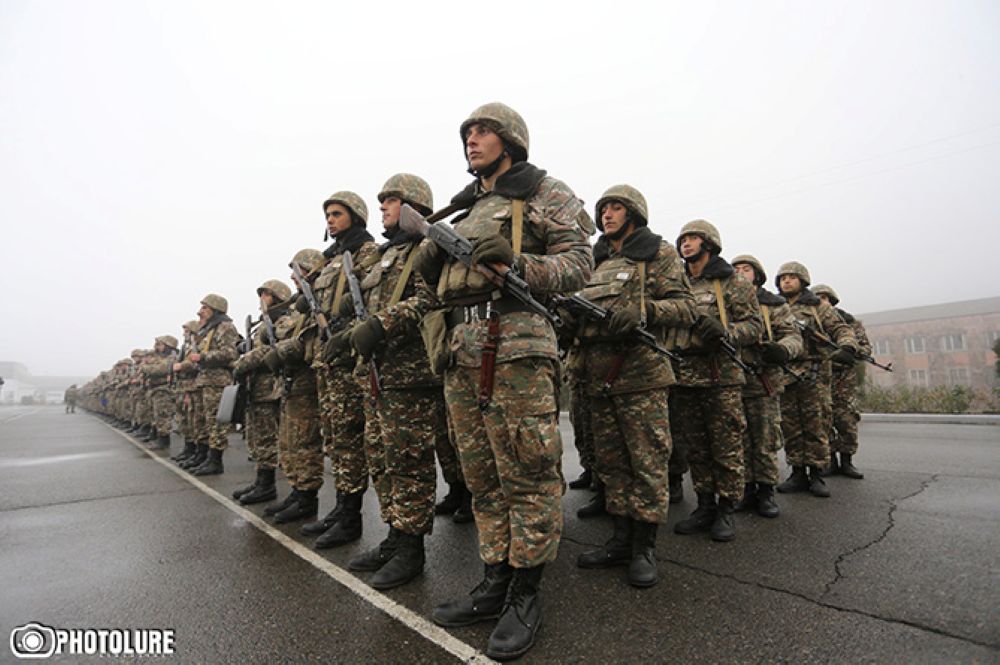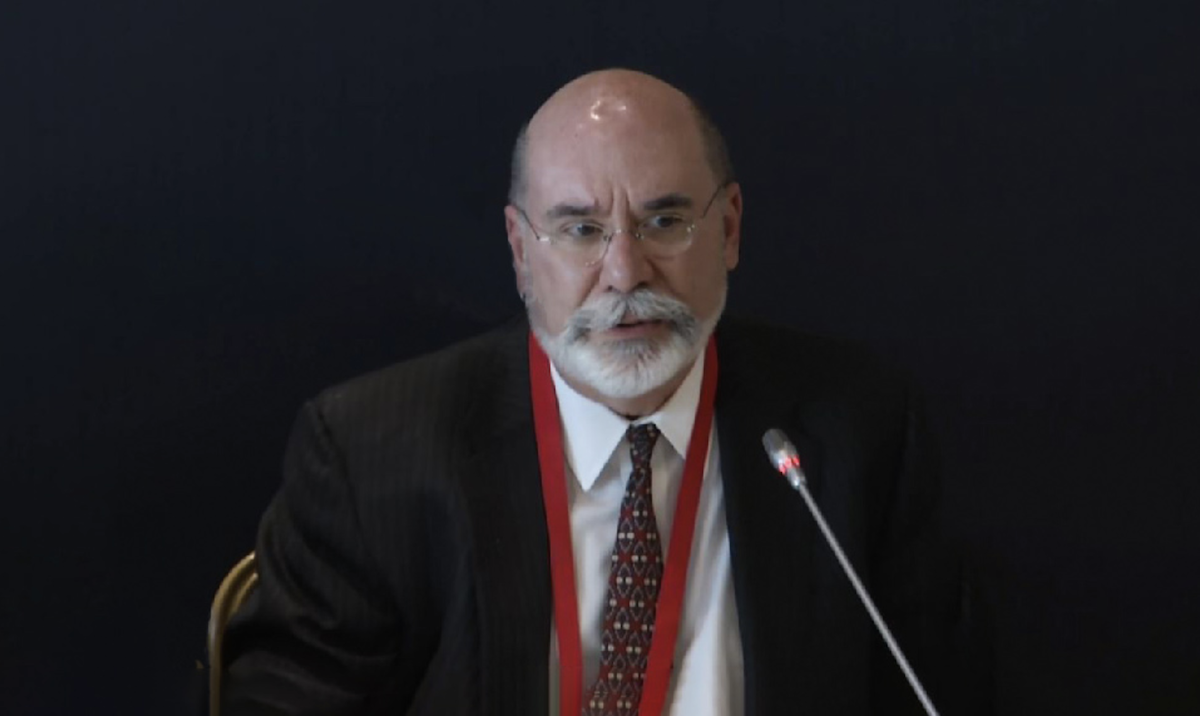Second-rate children
The rate of selective abortions in Azerbaijan has been increasing from year to year. There is no precise statistics on selective termination of pregnancy, therefore one has to rely solely on findings of the human rights organizations’ studies. And the reason for conducting such studies is the gender imbalance-there are 117 boys per 100 girls born in Azerbaijan. According to Nasib Guliyev, Azerbaijan’s chief pediatrician, selective abortions is the very cause of imbalance in the newborns.
It’s a widespread phenomenon-families that necessarily want to have a boy, get rid of a baby if the obstetric ultrasound examination in the third month of pregnancy shows that it’s a girl.
We don’t need girls
I met 8-month Rena in the Reintegration Center for Unwanted Children at the Azerbaijani Children’s Union NGO. She got there with her 23-year-old mother. The woman confessed to the police, she simply had nowhere to go and they took her to the shelter.
Her husband insisted that she should get rid of the baby, take her to an orphanage, because he had expected to have a boy and a girl was born instead. The mother and the baby were thrown out into the street.
Although it’s not the story about selective abortion, but it illustrates the root causes of the problem – many Azerbaijanis still regard a girl to be a second-rate child. Though, such position is condemned not only by the active public, but also by the Islamic clergy and the government officials.
Farid Babayev, an Assistant Representative of UNFPA Azerbaijan Country office, claims that Azerbaijan is ranked 2nd in the world by the gender imbalance among newborns.
“Male newborns rate is higher by10-11% than the female newborns rate in Azerbaijan nowadays. If this problem isn’t paid due attention to, then gender imbalance may result in a real demographic catastrophe for Azerbaijan,” Babayev believes.
Why don’t we need girls?
Narmina Mammadova [her name has been changed for ethical considerations-author’s note] is 27. She moved to the capital from Bilasuvar city. A few years ago, Narmina was forced by her husband and mother-in-law to get rid of a fetus.
“My husband wanted exactly a boy and he threatened to oust me and a baby if I gave birth to a girl. When ultrasound showed that I was expecting a girl, it took me two weeks to bring myself to it. I cried, asked and begged. But I was taken and forced to have an abortion anyway. Afterwards I couldn’t get pregnant. And they have got rid of me equally as they did to that baby,’ says Narmina.
Narmina lives in Baku alone. She rents a cheap apartment and works as a waitress. She has almost no contacts with her parents, since she is ashamed and they, in turn, aren’t very glad to see her. And she no longer has any expectations about her life.
According to Mehriban Zeynalova, the Chairperson of ‘Clean World’ Aid to Women Public Union, the abundance of selective abortions is always related to the community’s attitude towards women.
“Gender-selective abortion is a discrimination against women. This problem is particularly acute in the countries where violations of women’s rights could be observed. Families that get rid of female fetus treat girls as the ‘second-rate’ children,” says Zeynalova.
In her opinion, in most of the cases gender-selective abortions are initiated by men.
Why are boys better than girls? Boys are perceived as the continuers of family line; they are put the major ‘stake’ on and expected to help in future. Apart from the story of the woman who was forced to have abortion by her husband and the mother-in-law, there are also numerous stories about rather orderly families, where women quite consciously intend to have a boy, so that, as they put it, ‘there be a helping hand to the husband’, so as ‘not to be lonely in the old age, when the girls will marry and move to their husbands,’ or even ‘to have someone to accompany their daughter to the tutors, when she will be preparing to enroll in the institute.”
All that is linked to the low cultural level of the community, in general, due to which there are ‘gender prejudices’ flourishing in Azerbaijan, due to which woman is still regarded as a weak and dependent creature, who needs man’s protection and control. No wonder that parents are afraid to ‘let’ girls out into such society without their brothers’ supervision.
Will ultrasound ban help?
Interestingly, it has been long known about the existence of this problem. Back in 2011, the Parliamentary Assembly of the Council of Europe (PACE) noted that there were clear evidence of prenatal sex selection in Armenia, Azerbaijan and Georgia.
It was then that the Azerbaijani community first gave a thought to this phenomenon. Government officials started suggesting various measures, including introduction of a ban for doctors to report child sex to parents, or a total ban of abortions. However, such extreme measures didn’t get much support.
Elmira Akhundova, Milli Majlis (Parliament) member:
“A large-scale awareness raising campaign is required to achieve something in this regard. It is necessary to get it across to the public that the most important thing is a birth of a healthy child, that each life is sacred and granted by God.”
A clause banning to report child’s sex to parents during the ultrasound examination was introduced to the bill ‘On reproductive health and family planning’, which was finalized in 2009. The initiators of the bill believe, it will help to reduce selective abortions rate in the country.
The bill has stirred up many disputes. Its proponents believe, only the awareness raising campaign is hardly enough and some tough measures are required, like, for instance administrative or even penal sanctions.
Meanwhile, the opponents of strict measures think that introduction of the bans will lead to bribe-taking among the medics, as well as to illegal (backstreet) abortions. They refer to the experience of India and China, where a ban on gender-selective abortions was introduced. However, the aforesaid measure has in no way changed the selective abortions statistics in these countries. Despite the risk of being punished, people still find ways to bypass the law.
Thus, it turns out that awareness-raising is our only hope. TV and mass media actually raise this issue from time to time, but given that the matter has got stuck in one place, it apparently requires more intensive influence.




















